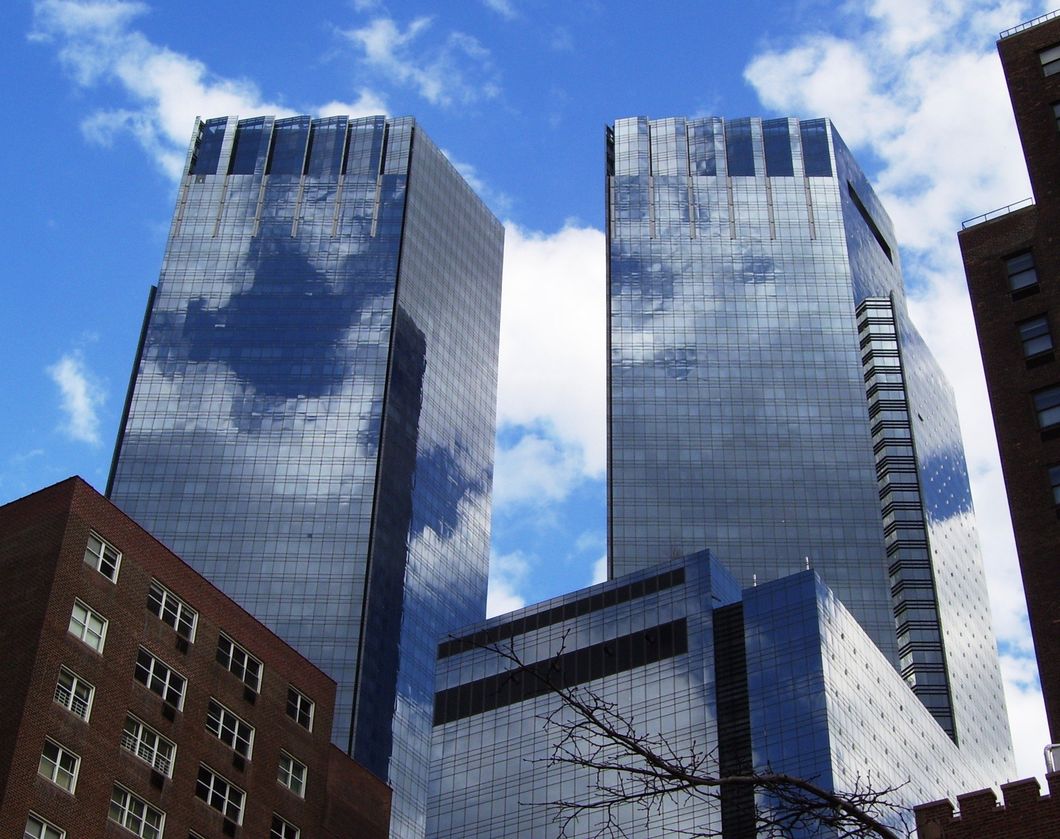How Desensitized New Yorkers Are Reacting To The Latest Bomb Threat
Spoiler alert: we're pretty chill over here
This morning, October 24, me and a couple dozen other students in my Fordham Lincoln Center classroom received simultaneous emergency alerts through our phones. A somewhat vague and cryptic message warning people in the are of 58th and 8th Avenue to "take shelter" halted class for a moment as we investigated what was happening just a few blocks outside of our campus.
In case you haven't heard by now, or are still a little confused, here's a rundown of the situation: suspicious packages were received by the Obamas, the Clintons, and the CNN offices in the Time Warner Center within a short period of time. The packages were suspected to be pipe bombs, leading to the evacuation of the Time Warner Center in Columbus Circle. You can find more details on the event here.
So how are New Yorkers reacting? Well, to be honest, they aren't.
While a lot of my friends have gotten concerned and even frantic calls from their family and friends, they themselves seem unconcerned with the situation. In fact, their biggest worry seems to be how this will affect public transit as Columbus Circle is a major subway stop for 5 different lines.
So is this apparent nonchalance a coping method or are we really just that accustomed to the imminent threat of danger? Do we act like it's no big deal because we know there's nothing we can do about it, or do we genuinely believe these threats are not a big deal?
I tend to think it's the latter. Rationally, people will concede that a bomb threat is a scary and serious crisis, especially when it is so close to a place you call home. However, as a hub for travel, business, politics, and entertainment, New York City is a fairly prevalent target for such attacks.
The thing about repeated exposure is that we become more and more desensitized to the stimulus each time we're exposed to it. Living in New York City, I've received more alerts about threats and attacks than I can even count. At some point, after all this repetition without personal consequence, it stopped seeming real. It was a very distant reality, one that didn't concern me.
Now, with a bomb suspected to be not even two blocks from my school and dorm, I still can't come to terms with the immediacy of the situation. It is simply not registering as an emergency, or even as a danger. The city carries on with itself because there is really nothing else to do. This is what we always do.
So where do we go from here when violence and danger is a part of our norm? What will it take to shock us and how many times will we face threats with indifference before acknowledging the reality of our current state?
When we turn a blind eye to these things it helps us to continue on with our lives and to exist without constant fear; however, it also normalizes the constant presence of violence, an effect that, to me at least, is scarier than any singular threat could ever be.


























